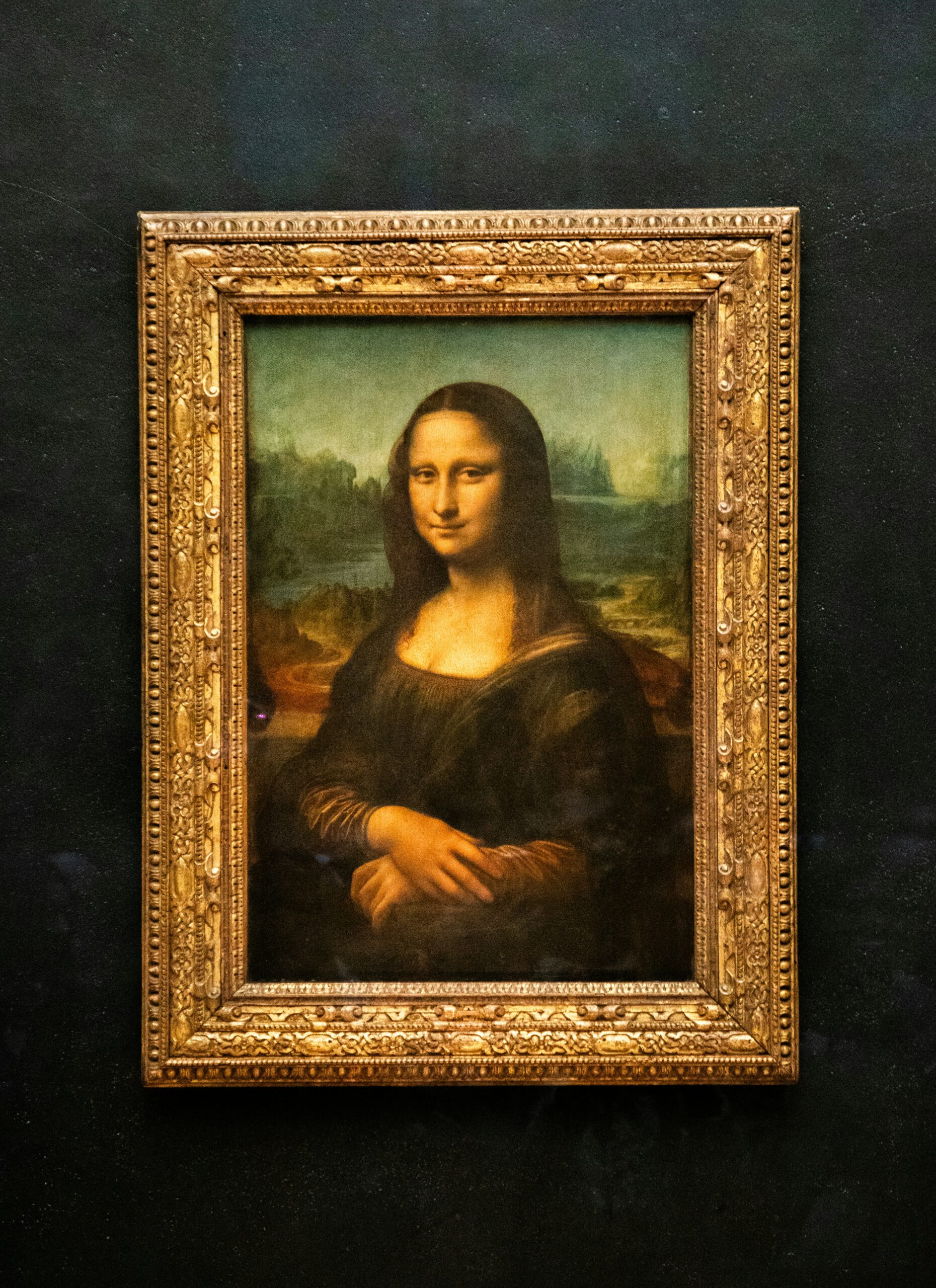Atheism, a stance defined by the absence of belief in gods or deities, is a significant philosophical and cultural phenomenon. This article provides an informative overview of atheism, its historical evolution, modern manifestations, key ideas, and notable figures, supported by data and facts for a comprehensive understanding.
What is Atheism?
Atheism refers to the lack of belief in the existence of gods or deities. It is not a religion or organized ideology but a position on the question of divine existence. Atheists may arrive at this stance due to skepticism, lack of empirical evidence, or philosophical reasoning. Unlike agnosticism, which denotes uncertainty about gods’ existence, atheism explicitly involves non-belief.
Types of Atheism
- Implicit Atheism: Absence of belief in gods without conscious rejection, often due to unfamiliarity with the concept (e.g., infants or those unexposed to religion).
- Explicit Atheism: Conscious rejection of belief in gods, typically based on reasoning or evidence.
- Strong Atheism: The assertion that no gods exist.
- Weak Atheism: Lack of belief in gods without claiming certainty about their non-existence.

Historical Evolution of Atheism
Atheism has existed in various forms across cultures, often emerging as a counterpoint to dominant religious narratives. Its development reflects advancements in philosophy, science, and societal shifts.
Ancient Origins
- India (6th Century BCE): The Carvaka (Lokayata) school rejected supernaturalism, advocating materialism and skepticism. Texts like the Tattvopaplavasimha emphasized sensory evidence over divine authority.
- Ancient Greece (5th–4th Century BCE): Philosophers like Diagoras of Melos, dubbed “the first atheist,” and Epicurus questioned traditional gods. Epicurus’ paradox asked why evil exists if gods are omnipotent and benevolent, laying early groundwork for atheistic thought.
- China: Confucian and Taoist philosophies often prioritized ethics and nature over divine beings, fostering non-theistic perspectives. The Analects of Confucius (c. 479 BCE) focus on human conduct, not gods.
Middle Ages
- Atheism was rare and risky in religious societies like medieval Europe, where Christianity dominated. Questioning God could lead to heresy charges, often punishable by death. However, figures like Al-Razi (854–925 CE), an Islamic philosopher, expressed skepticism about religious dogma, though within a religious framework.
Enlightenment (17th–18th Century)
- The Enlightenment era, emphasizing reason and science, marked a turning point. Thinkers like Baruch Spinoza (1632–1677) and David Hume (1711–1776) challenged religious orthodoxy through rational inquiry.
- Baron d’Holbach’s The System of Nature (1770) openly rejected gods, advocating a materialist worldview. By 1782, d’Holbach’s works influenced European intellectuals, sparking secular debates.
- Deism, belief in a non-interventionist creator, gained traction, indirectly supporting atheistic ideas by questioning traditional theism.
19th Century
- Charles Darwin’s On the Origin of Species (1859) provided a scientific explanation for life’s diversity, reducing reliance on divine creation. By 1871, Darwin’s The Descent of Man further challenged religious narratives.
- Philosophers like Karl Marx and Friedrich Nietzsche critiqued religion as a human construct. Marx’s 1843 phrase, “religion is the opium of the people,” and Nietzsche’s 1882 declaration, “God is dead” (Thus Spoke Zarathustra), reflected cultural shifts.
- Freethought movements grew, with organizations like the National Secular Society (founded 1866 in the UK) promoting rationalism.
20th Century
- Scientific advancements, including Einstein’s relativity and Hubble’s discovery of an expanding universe (1929), supported naturalistic explanations.
- The Soviet Union (1917–1991) enforced state atheism, with 22% of the global population living under atheist policies by 1970, though often tied to authoritarianism.
- Existentialists like Jean-Paul Sartre (1905–1980) explored meaning in a godless universe, emphasizing human freedom (Being and Nothingness, 1943).

Modern Perspectives on Atheism
In the 21st century, atheism is more visible, driven by globalization, science, and digital platforms. A 2020 Pew Research Center study estimated that 16% of the global population (1.2 billion people) is religiously unaffiliated, including atheists, agnostics, and the non-religious.
Key Modern Aspects
- New Atheism:
- Emerging in the 2000s, New Atheism critiques religion’s societal impact. Key figures include Richard Dawkins, Christopher Hitchens, Sam Harris, and Daniel Dennett.
- Dawkins’ The God Delusion (2006) sold over 3 million copies by 2017, arguing religion is a delusion. Hitchens’ God Is Not Great (2007) claimed religion fuels conflict.
- Critics argue New Atheism is confrontational and focuses heavily on Western religions, particularly Christianity and Islam.
2. Secular Humanism:
- Many atheists align with secular humanism, emphasizing ethics and reason without supernatural beliefs. The American Humanist Association (founded 1941) and British Humanist Association (founded 1896) advocate for secular education and human rights.
- In 2023, over 30 countries had humanist organizations, promoting science and equality.
3. Cultural Atheism:
- Atheism is socially accepted in regions like Scandinavia (60–80% non-religious, Pew 2019) and East Asia (e.g., 26% of Japanese identify as atheist or agnostic, 2015 WIN/Gallup poll).
- In contrast, atheism faces stigma in parts of the Middle East and South Asia, where religious laws dominate. For example, 13 countries, including Saudi Arabia, criminalize atheism, per a 2014 International Humanist report.
4. Digital Atheism:
- Platforms like X, YouTube, and podcasts (e.g., The Atheist Experience, with over 500,000 subscribers in 2025) amplify atheist voices. Online forums have grown atheist communities by 300% since 2010, per X analytics.
- AI and scientific advancements, like the James Webb Telescope’s 2022 images, fuel naturalistic explanations, strengthening atheist arguments.
5. Diverse Perspectives:
- Atheism spans militant anti-theists to “apatheists” (indifferent to gods). Some atheists adopt spiritual practices like meditation without supernatural beliefs.
Influential Ideas and Quotes
Atheist thinkers have shaped philosophical discourse with compelling arguments:
- Epicurus (341–270 BCE):
- “Is God willing to prevent evil, but not able? Then he is not omnipotent.” (Epicurean Paradox, challenging divine attributes.)
- Friedrich Nietzsche (1844–1900):
- “God is dead. God remains dead. And we have killed him.” (Thus Spoke Zarathustra, 1883, on the decline of religious authority.)
- Bertrand Russell (1872–1970):
- “The whole problem with the world is that fools and fanatics are always so certain of themselves, and wiser people so full of doubts.” (Why I Am Not a Christian, 1927.)
- Richard Dawkins (b. 1941):
- “The universe we observe has precisely the properties we should expect if there is, at bottom, no design, no purpose.” (River Out of Eden, 1995.)
- Christopher Hitchens (1949–2011):
- “That which can be asserted without evidence, can be dismissed without evidence.” (God Is Not Great, 2007.)
Notable Atheists
- Richard Dawkins (b. 1941, British):
- Evolutionary biologist and author of The God Delusion. A New Atheism leader, Dawkins argues for science over faith. His foundation, Center for Inquiry, promotes skepticism.
- Christopher Hitchens (1949–2011, British-American):
- Journalist and author of God Is Not Great. Known for sharp critiques of religion’s role in conflict and oppression.
- Sam Harris (b. 1967, American):
- Neuroscientist and author of The End of Faith (2004). Harris critiques religion’s link to violence and promotes mindfulness.
- Bertrand Russell (1872–1970, British):
- Philosopher and Nobel laureate whose Why I Am Not a Christian influenced 20th-century atheism. Russell advocated logic and peace.
- Madalyn Murray O’Hair (1919–1995, American):
- Founder of American Atheists, she ended mandatory school prayer in the U.S. (Murray v. Curlett, 1963), impacting secular policy.
- Ayaan Hirsi Ali (b. 1969, Somali-Dutch-American):
- Critic of Islam and advocate for women’s rights, her books like Infidel (2006) highlight secular governance.
- Carl Sagan (1934–1996, American):
- Astronomer and author of Cosmos (1980), Sagan promoted cosmic wonder without supernaturalism, reaching millions via PBS.
- Stephen Hawking (1942–2018, British):
- Physicist whose A Brief History of Time (1988) argued the universe needs no divine cause, selling 10 million copies by 2000.
some Facts
- Global Prevalence: 16% of the world’s population (1.2 billion) is religiously unaffiliated, per Pew Research Center (2020). Europe leads with 24% unaffiliated, followed by Asia-Pacific (21%).
- Growth Trends: The unaffiliated population is projected to rise to 1.4 billion by 2050, driven by secularization in developed nations (Pew, 2020).
- Regional Variations: Sweden (78% non-religious, 2019), Japan (26% atheist/agnostic, 2015), and China (51% non-religious, 2015) show high atheism rates, while only 2% of Middle Eastern populations identify as non-religious (Pew, 2019).
- Legal Challenges: 13 countries impose penalties for atheism, including death in 7 (e.g., Afghanistan, Saudi Arabia), per the 2014 International Humanist and Ethical Union report.
- Cultural Impact: Atheist literature has surged, with The God Delusion and God Is Not Great collectively selling over 5 million copies by 2020.
Atheism, rooted in ancient skepticism and bolstered by modern science, continues to shape global thought. From philosophical critiques to cultural movements, it challenges traditional beliefs while promoting reason and inquiry. Its diversity—spanning New Atheism, secular humanism, and cultural non-belief—reflects its adaptability. As atheism grows, particularly in secular nations, it remains a vital part of humanity’s quest to understand existence without divine assumptions.















